- Home
- slideshows
- miscellaneous
- These were the biggest automotive stories of the 2010s
These were the biggest automotive stories of the 2010s
A new dawn for the electric car in 2010. GM might have offered it ill-fated EV1 in the 1990s, but when the new decade arrived, a slew a electric cars hit the scene, including the Nissan Leaf. Through the 2010s, startups would rise and fall.

Gas prices spiked in the US after the financial crisis. In some parts of the US, they rose above $4 a gallon and threatened $5. This encouraged automakers to develop smaller cars, but an oil-price collapse later in the decade spurred a revival of big SUVs and pickups.
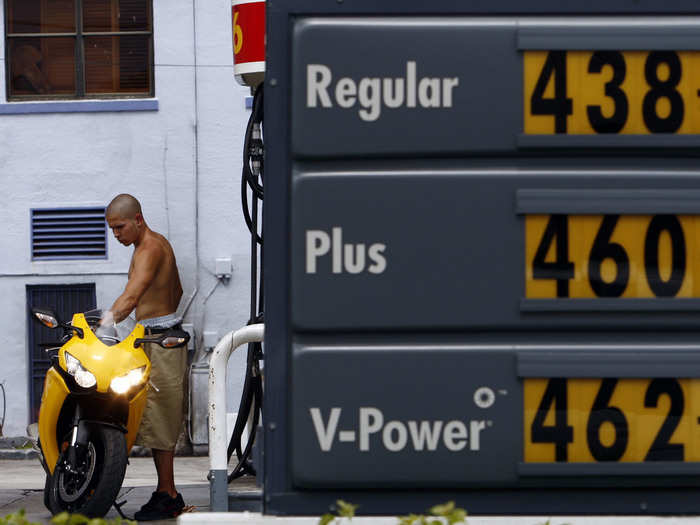
Tesla bought NUMMI in 2010, following the bankruptcy of GM and the end of a GM-Toyota joint venture that began in the 1980s. The new Tesla factory would be producing over 300,000 all-electric vehicles in Northern California by the end of the decade.
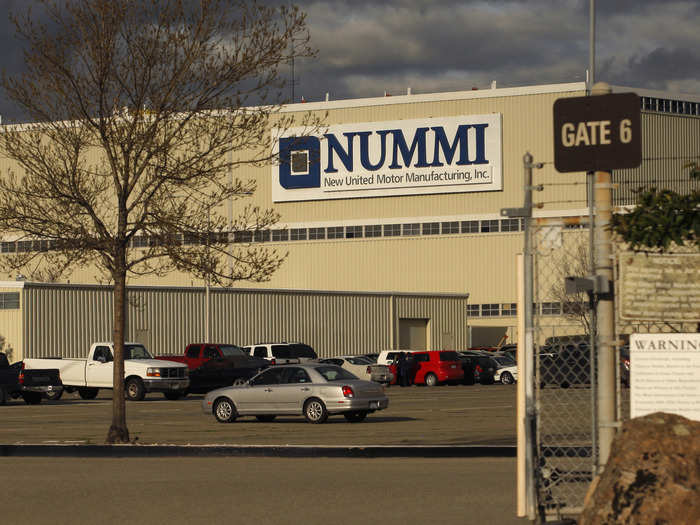
The US auto recovery began in the early 2010s. After cratering to an unfathomable 10 million in yearly sales in 2009, the industry bounced back and by 2015, crossed record levels above 17 million. The market would boom for the second half of the decade.
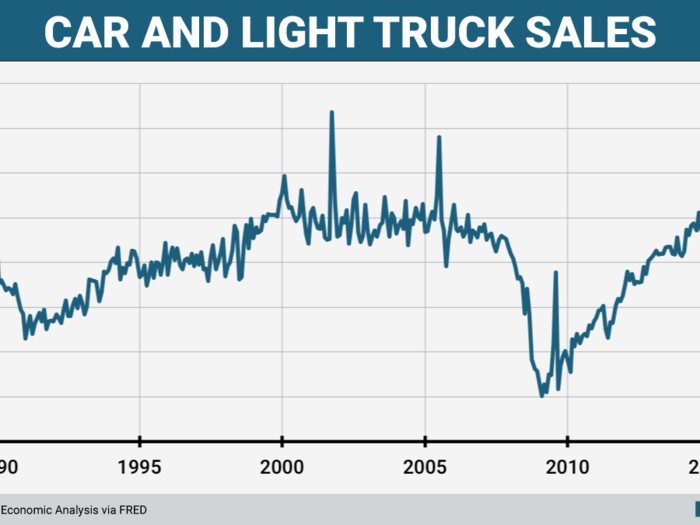
GM returns from bailout and bankruptcy with a 2010 IPO that raises $20 billion. But the largest US automaker, a century old, has slimmed down, shedding brands such as Saturn and Hummer.

Tesla took off. Tesla launched its first clean-sheet car design, the Model S, in 2012. The Model S would be named Motor Trend's Car of the Year for 2013 — and Tesla's stock began a dizzying ascent, punctuated by big dips during the 2010s.
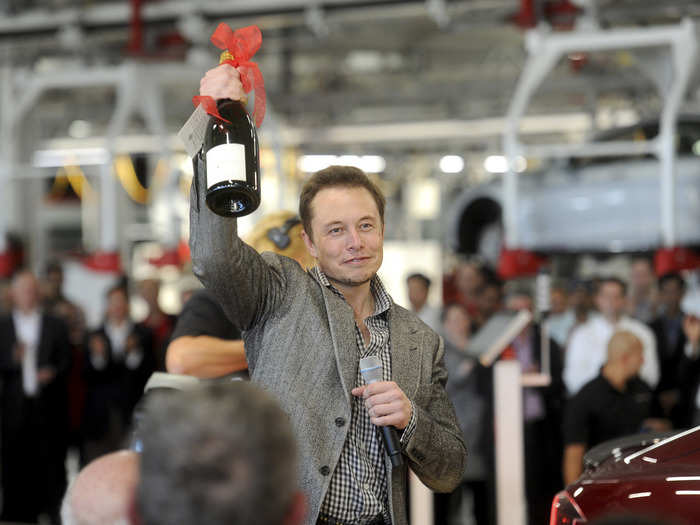
Takata's massive airbag recall began in 2013. Takata's airbags were in over 3 million vehicles worldwide. The inflators could malfunction, spraying occupants with shrapnel. The recall would drive the dominant airbag maker into bankruptcy.
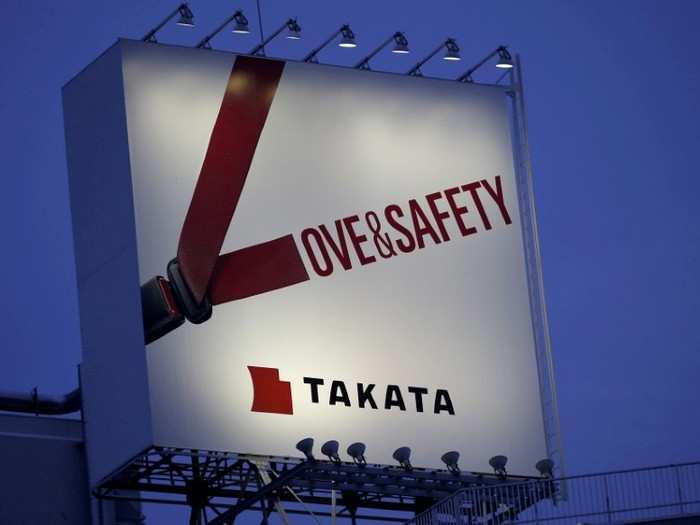
Baseless concerns about subprime auto lending infected the market. Fearing a return to the securitized-debt crisis that created the financial crisis, naysayers seized on auto loans to credit-compromised buyers, but the crisis never materialized, despite yearly dispatches about how cars would create the next recession.

In 2014, GM named Mary Barra as the first female CEO of a major automaker — and immediately had to deal with a massive ignition-switch recall that involved multiple deaths. The recall cost the automaker more than $5 billion.
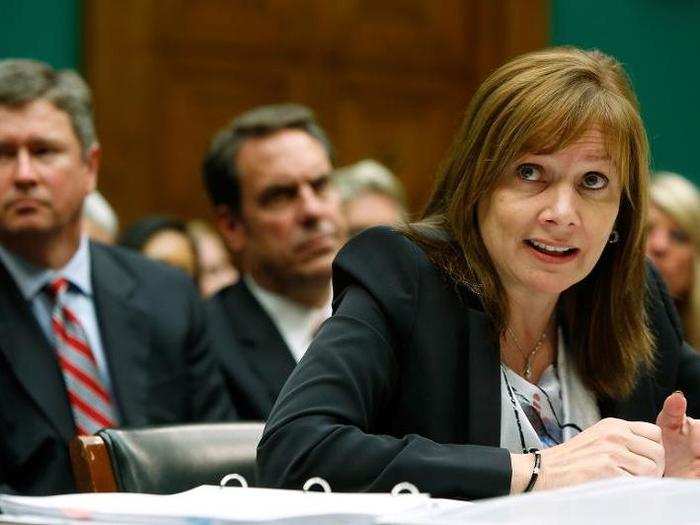
Ford reinvented the mighty F-150 pickup truck. The Blue Oval took the plunge with America's bestselling vehicle and the company's cash cow, re-engineering the truck to use more lightweight aluminum.
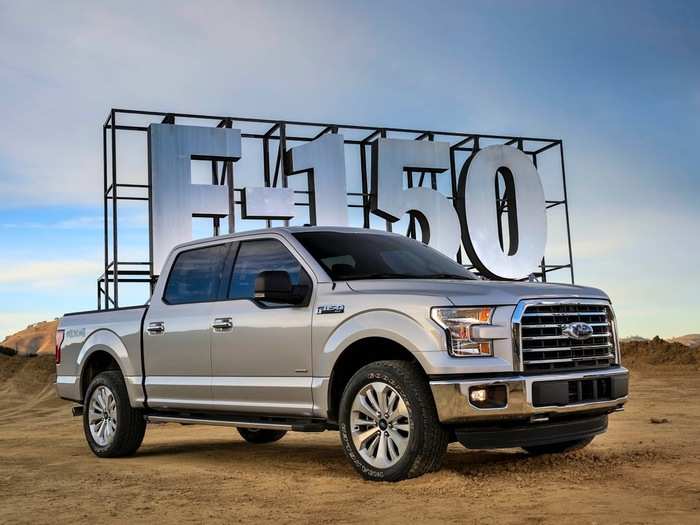
In 2014, Alan Mulally stepped down as CEO of Ford after saving the company during the financial crisis. The former Boeing exec had mortgaged the company to avoid a bailout, but he made the right, foresighted call.
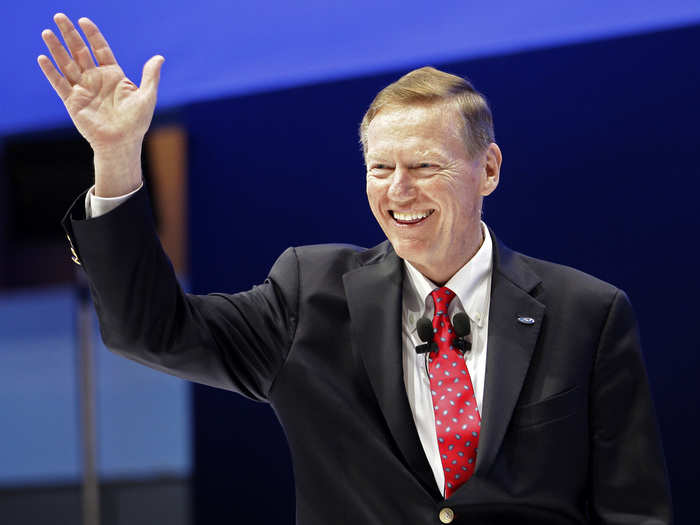
Fiat CEO Sergio Marchionne forces out Ferrari's longtime chairman, Luca di Montezemelo, and in 2014 sets the Italian automaker on a course to sell more vehicles and to attack new markets, such as China. By the end of 2010s, Ferrari would announce the unthinkable: an SUV.
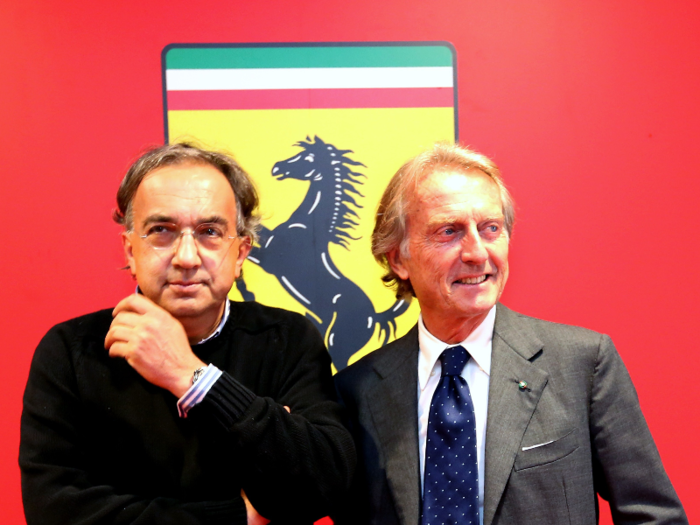
FCA and Ferrari IPOs. The carmakers listed on the NYSE in 2014 and 2015, and Ferrari went on to mint a market cap of $32 billion by the end of the decade.

Volkswagen is hit by the Dieselgate scandal. The German giant was found to have installed "defeat" software on its small diesel engines, to cheat on emissions tests. VW Group CEO Martin Winterkorn would step down and other VW Group leaders would be investigated as the 2015 crisis wore on.
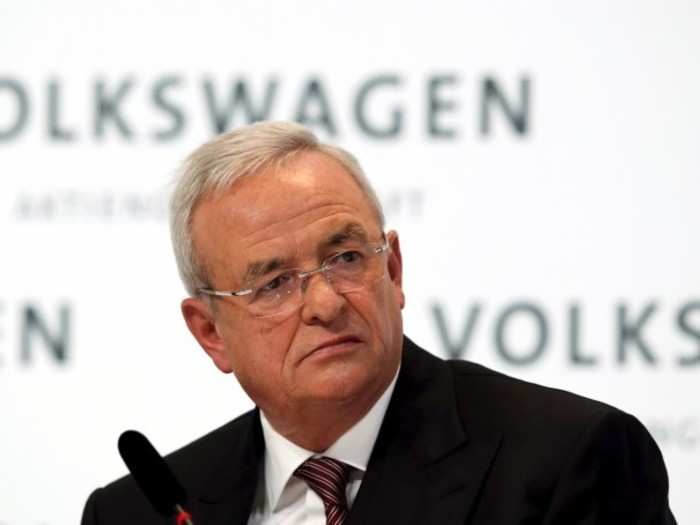
Tesla unveiled its Model X SUV in 2015, and CEO Elon Musk later said the vehicle so complicated that Tesla shouldn't have built it.
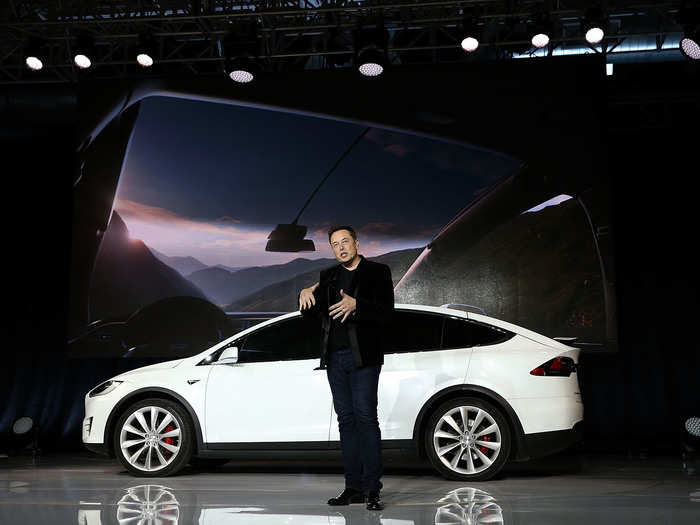
Ford wins Le Mans — 50 years after beating Ferrari in 1966. After debuting its Ford GT supercar, Ford staged a triumphant return to sports-car racing in 2016. I wrote a book about it.

GM bought Cruise Automation, a San Francisco self-driving startup, in 2016 for an all-in price of $1 billion. By the end of the decade, Cruise was worth almost $20 billion.
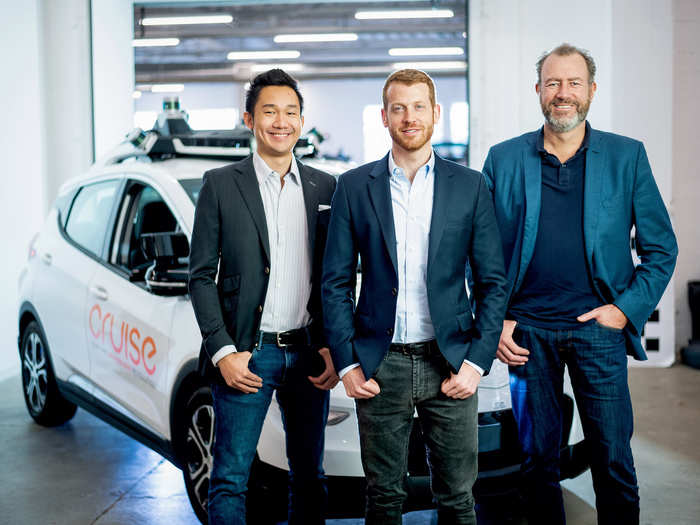
Trump! The unexpected election of the real-estate magnate and reality TV star as the 45th President of the United States meant that the auto industry would have political challenges from 2016 on. Trump jawboned Ford, GM, Toyota, and his administration sought to undo Obama-era emissions and fuel-economy standards.
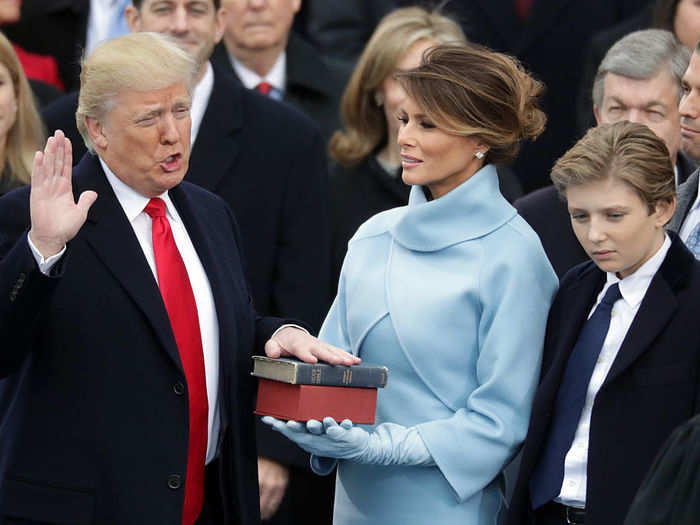
Tesla endured production hell with its Model 3. Tesla effort at creating a mass-market sedan was troubled from the start; much of 2017 was spent figuring out how to build the thing.
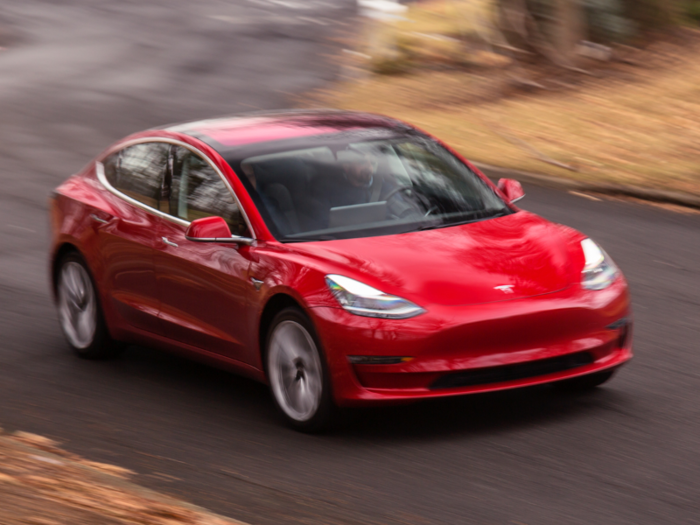
Jim Hackett became CEO of Ford in 2017, after Mark Fields stepped down. The former Steelcase CEO brought a futuristic vision to the 100-plus-year-old automaker.
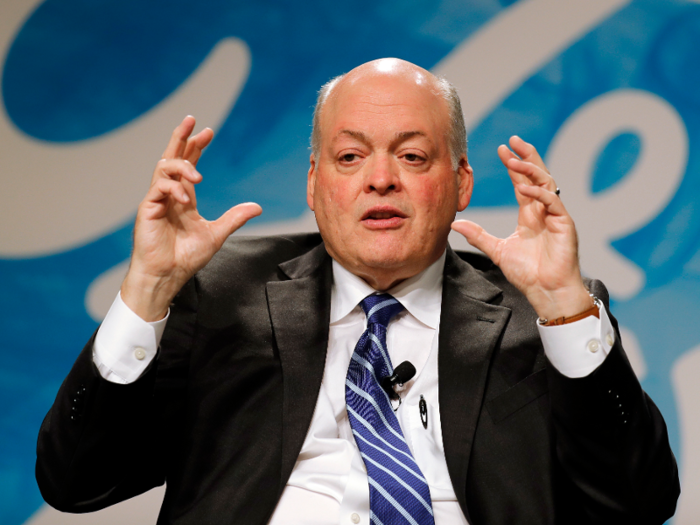
Travis Kalanick, Uber's founder and CEO, was deposed amid scandal. In 2017, Kalanick's gruff, take-no-prisoners management style finally wore out Uber's board and investors.

The sedan was declared all-but-dead. In 2017, the Detroit Big Three began to embrace a market shift to SUVs and pickups. FCA led the charge, Ford followed, and GM reluctantly began to curtail sedan production.

GM brought its Chevy Bolt EV to market in record time: announced in 2016, it went on sale in 2017, with 238 miles of range and price tag under $30,000, when a $7,500 federal tax credit was applied.

In 2018, Elon Musk infamously tweeted "funding secured," asserting that he planned to take the company private. He failed to do that and was eventually penalized by the SEC, stripped of his Tesla chairmanship and compelled to pay millions in fines.
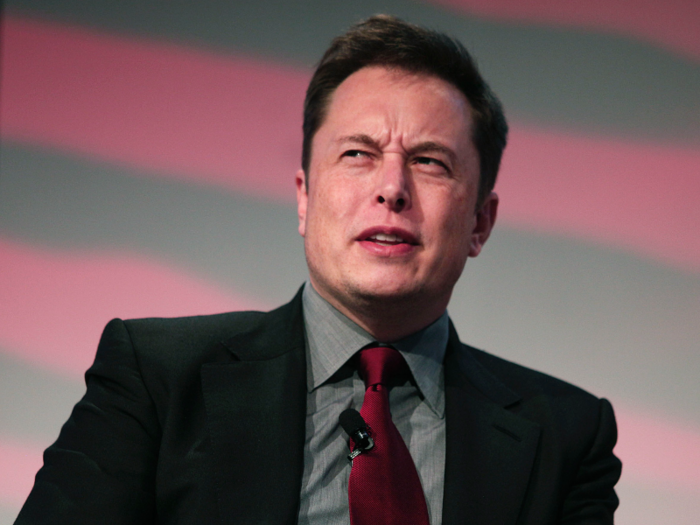
In 2018, FCA and Ferrari CEO Sergio Marchionne died unexpectedly after surgery. It was a tragic end to one of the most flamboyant careers in the history of the car business. Marchionne took over a bankrupt Chrysler, joined it with Fiat, and saw the new company's fortunes surge as consumers bought Jeeps and pickups.
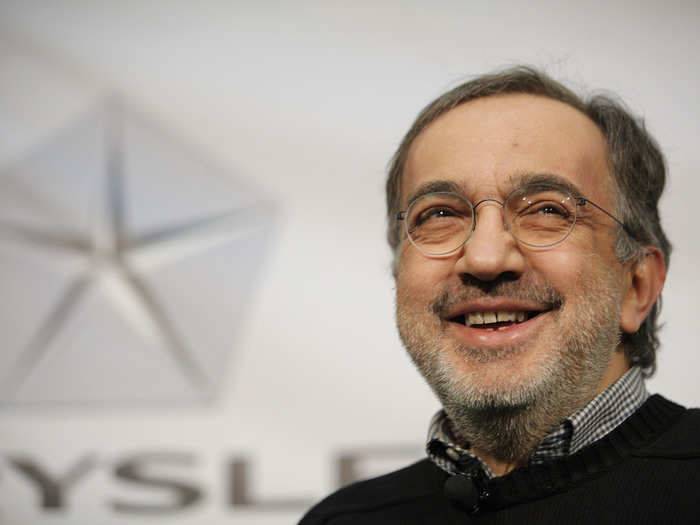
Waymo One launched in Arizona. The Google Car project was spun off in 2016 and in late 2018 undertook the first commercial self-driving service in the US.
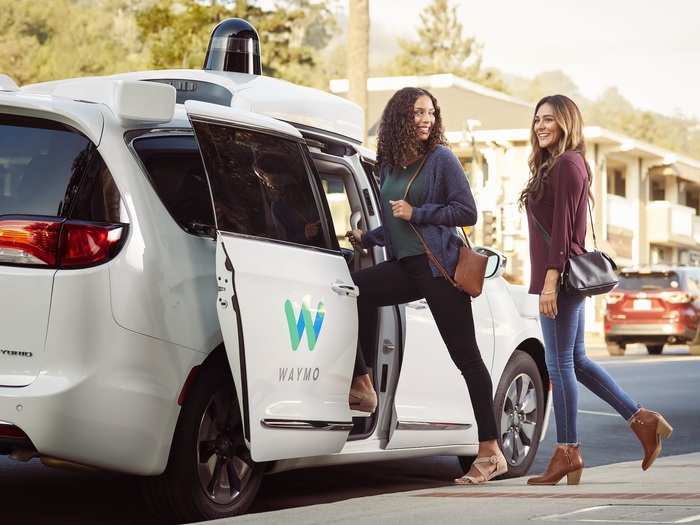
The architect of the Renault-Nissan-Mitsubishi alliance, Carlos Ghosn was a business rock star in Japan. But in late 2018, he was arrested in the country on allegations of financial malfeasance. After 108 days and jail and then months of legal limbo, Ghosn would escape to Lebanon, where he holds citizenship.
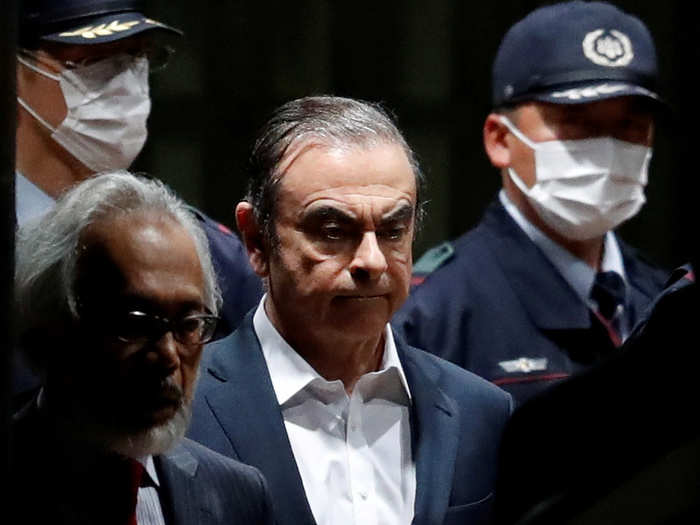
Uber staged a much-anticipated yet underwhelming IPO in 2019. The ride-hailing giant, once valued at over $100 billion, struggled to realize a $50 billion market cap. Rival Lyft also endured a choppy IPO. Investors were left asking if the business models could ever make money.

GM in 2019 dealt with the longest strike against a major US automaker since the 1970s. UAW workers walked out of GM factories for over 50 days.

Harley-Davidson's groundbreaking LiveWire all-electric motorcycle went on sale in late 2019. The $30,000 bike sought to reshape the brand's destiny.
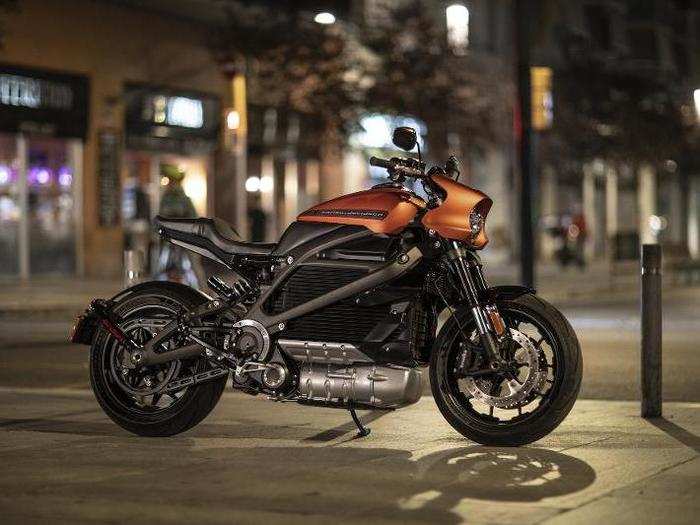
The Tesla Cybertruck arrived. Hotly anticipated, Tesla revealed its stainless-steel-hulled future-mobile at the end of 2019 — unveiling a spectacularly controversial vehicle.
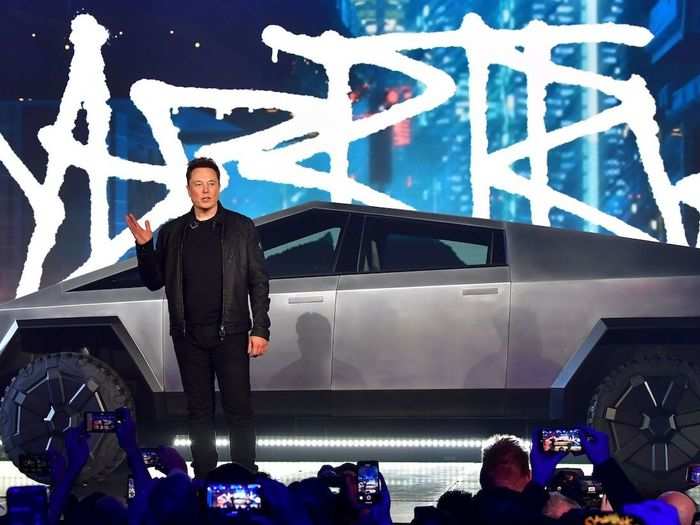
The electric-car dawn that characterized the beginning of the 2010s became a supernova is 2019 as Porsche launched is Taycan EV. The high-performance four-door topped out at nearly $200,000.
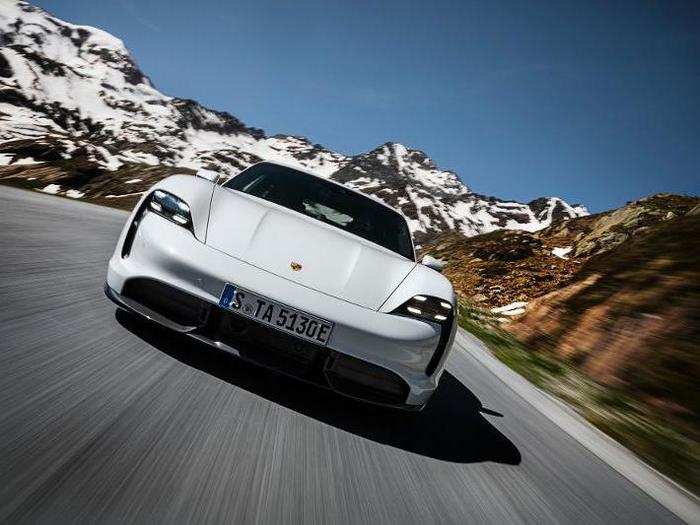
Ford also shook up the electric-car market in 2019 by revealing an electric-SUV version of the Mustang, more than 50 years after the pony car hit the streets. First-edition versions of the car promptly sold out.
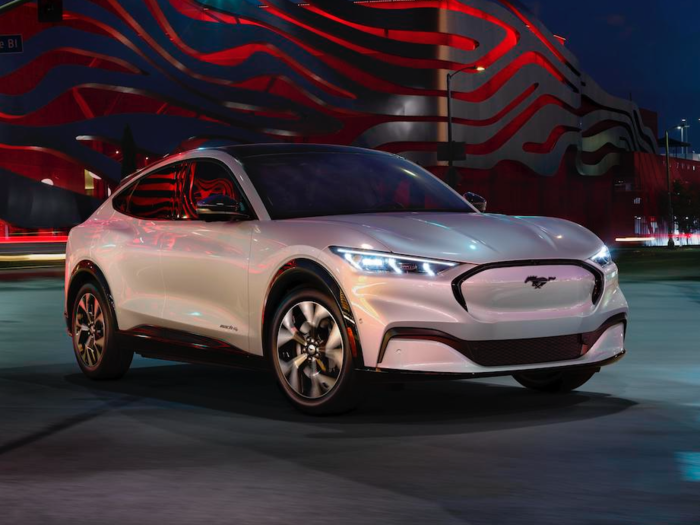
By the end of 2019, Elon Musk's cheeky "420" reference around Tesla's stock came true. It has roared past $420 per share and its market cap was tens of billions higher than GMs. Tesla started the 2010s as the least valuable US automaker — but ended it as the most.
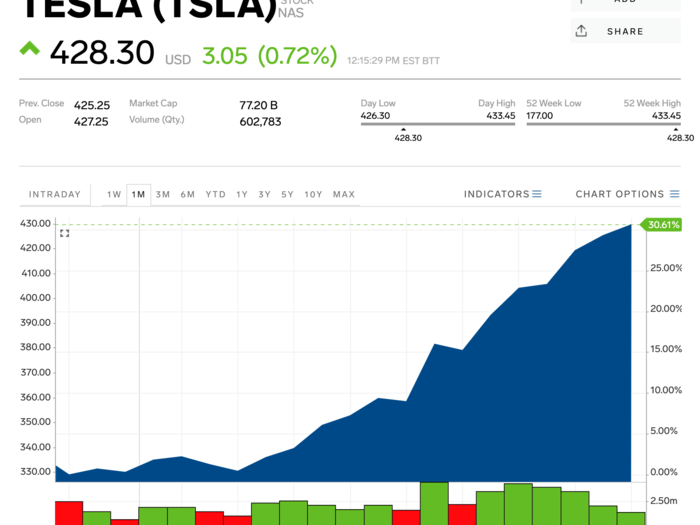
Popular Right Now
Popular Keywords
Advertisement